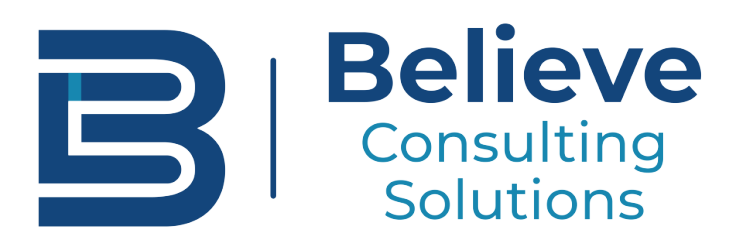The nature of work is changing—and so are the skills required to succeed. In today’s fast-paced, tech-driven world, talent development has become a strategic imperative. Organizations that prioritize upskilling and reskilling are not only future-proofing their workforce but also creating a culture of growth, adaptability, and innovation.
Shifting to a Skills-First Mindset
Traditionally, roles and qualifications defined career paths. But in a skills-first world, what people can do matters more than titles or degrees. Employers are now focusing on capabilities—technical, digital, and soft skills alike—to drive performance and agility.
This shift demands a new approach to talent development—one that’s dynamic, personalized, and aligned with evolving business needs.
The Power of Upskilling and Reskilling
- Upskilling: Developing current employees’ skills to meet new challenges within their roles or industry trends.
- Reskilling: Equipping individuals with entirely new skills to take on different roles as the business evolves.
Whether it’s learning data literacy, mastering emerging technologies, or strengthening leadership capabilities, these learning paths ensure employees remain relevant and engaged.
Why Talent Development Matters
- Retain Top Talent
Investing in employee growth shows commitment and builds loyalty. Talented professionals are more likely to stay when they see clear opportunities for advancement and skill development. - Drive Innovation
A workforce that’s continuously learning is more equipped to solve problems, embrace change, and bring fresh ideas to the table. - Enhance Organizational Agility
Businesses need to pivot quickly. When employees are cross-trained and versatile, organizations can adapt faster and smarter. - Close the Skills Gap
With many industries facing skill shortages, developing talent internally becomes a more effective and sustainable solution than external hiring alone.
Building a Culture of Continuous Learning
To truly thrive in a skills-first world, organizations must embed learning into their culture. This means:
- Creating accessible and engaging learning platforms
- Encouraging mentorship and peer-to-peer learning
- Recognizing and rewarding development milestones
- Aligning learning with individual goals and business strategy
The Future Is Skills-Driven
Talent development is no longer a “nice to have”—it’s a competitive advantage. By fostering a learning culture and empowering people to grow, organizations can navigate change with confidence and build a resilient, future-ready workforce.



